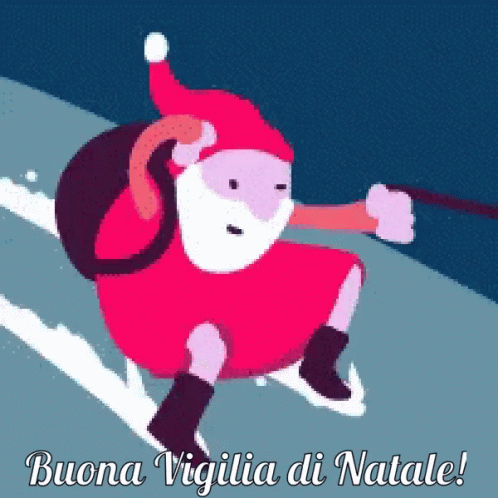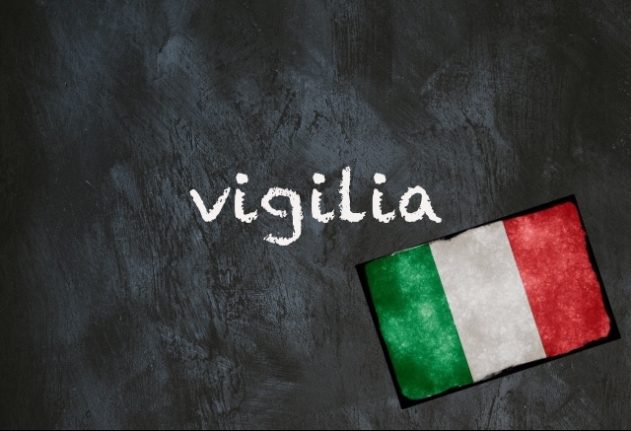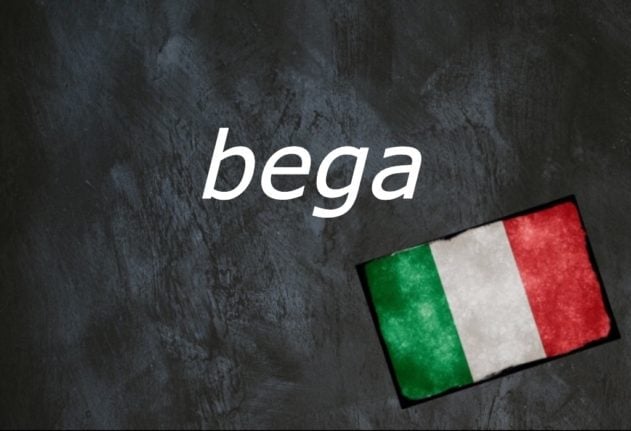Christmas is so close you can smell it – perhaps literally, if you’re in one of the parts of Italy where they celebrate on December 24th, known as la Vigilia di Natale, or simply la Vigilia.
The word comes from the same root that gave us ‘vigil’ and ‘vigilant’ in English, meaning ‘awake’, ‘alert’ or ‘watchful’. In Italian vigilia means ‘eve’, and it carries all the connotations of waiting for something so hard you can’t sleep.
In Italy the Vigilia di Natale marks the end of la novena, the nine days leading up to Christmas when the shepherds travelled to see newborn Jesus, and when traditionally children go house to house in costumes to perform Christmas songs and poems with the promise of a small reward of money or sweets.
Customs vary, but many Catholics abstain from eating meat on Christmas Eve ahead of the holy celebrations – not to mention il cenone (‘the feast’) – on Christmas Day itself. Traditionally the December 24th dinner consists of fish and seafood instead – though with baccalà (salt cod), oysters, clams and eel on the menu, that doesn’t sound like much of a hardship.

Photo: ChiccoDodiFC/DepositPhotos
You may have heard that this marine meal is called the Feast of Seven Fishes, after the seven sacraments or the number of days God took to create the world. In fact you won’t hear it referred to as such in Italy, where the number of dishes is different (nine for the Holy Trinity times three? Thirteen for the 12 Apostles plus Jesus?), or simply too numerous to count. The seven fishy dishes seems to be an invention of Italian-Americans, who probably adapted the old customs from Italy.
Other Christmas Eve celebrations include midnight mass for the faithful, or late-night gift exchanges for the more materially inclined. Tradition has it that Christ was born at midnight between December 24th and 25th, so that’s the time some Italians choose to give their presents.
But it all depends on where you are: in the Dolomites, we hear it’s the custom to ski down the mountains by torchlight to welcome the newborn Christ, while in parts of the south the entire family joins a sort of Nativity procession through the house, with the youngest member of the household carrying a Jesus figurine to the crib. Others just play cards, share stories or enjoy the copious food and drink.

However you’re celebrating, we hope you enjoy a happy – and delicious – Vigilia this year.
Do you have an Italian word you’d like us to feature? If so, please email us with your suggestion.



 Please whitelist us to continue reading.
Please whitelist us to continue reading.